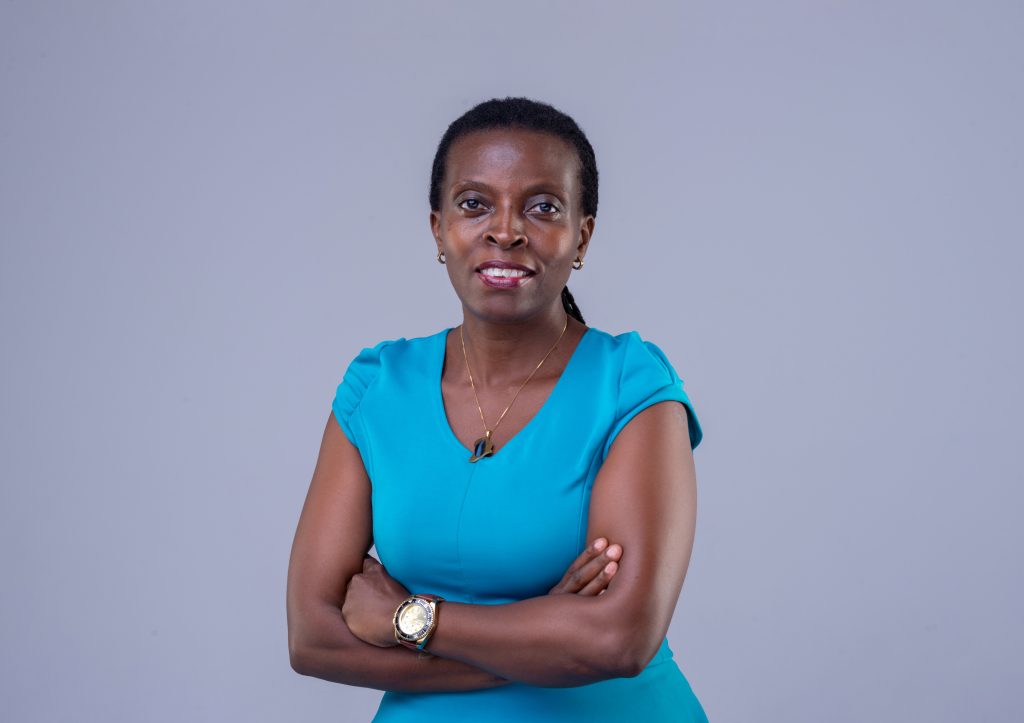Making the Internet More Inclusive for Non-English Users: An Interview with Pollicy, a Research Program Grantee
In a world where a few dominant languages often overshadow others, the Internet Society Foundation’s Research Grant Program supports projects that aim to make the Internet more inclusive. One such project is “Are We Together?” led by Pollicy. This initiative focuses on understanding the impact of languages on digital platforms in East Africa and India. In this interview, Pollicy’s Co-Director of Research, Bonnita Nyamwire, shares insights into the project’s purpose, inspiration, and the significant difference the grant has made in supporting their research and raising awareness about language inclusion online.
What is the purpose of your project?

Are We Together? is a project that seeks to understand the impact of languages on the usability, accessibility, trustworthiness, growth, and moderation of digital platforms in East Africa (Ethiopia, Tanzania, and Uganda) and India. The project aims to create awareness and foster discussions on making the Internet more inclusive and accessible for non-English users in these regions. The report provides specific recommendations for technologists and developers to create a more inclusive Internet for all.
What inspired you to pursue your research?
Are We Together? is a project by Pollicy and Digital Futures Lab that was inspired by the realization that the Internet is not as democratic as it should be, with just a handful of languages dominating the digital space. Therefore, the team behind this project explored the impact of language on the usability, accessibility, trustworthiness, growth, and moderation of digital platforms, particularly for users who do not speak/use English as their first language. We were curious to explore how the Internet and its associated infrastructure can be reworked to explore new or creative means of language inclusion online.
This curiosity was further fueled by the fact that despite introducing more users and, thus, more languages online, the Internet remains dominated by a few languages. Are We Together? Consequently aims to fill this knowledge gap by understanding the experiences of non-English speaking users in the digital space and how they navigate the challenges they face, from usability to accessibility and trustworthiness. Through qualitative and mixed-method methods research, we provided insights to developers and designers to improve the accessibility and inclusivity of digital platforms from the language perspective.
We were curious to explore how the Internet and its associated infrastructure can be reworked to explore new or creative means of language inclusion online.
How has your grant helped support your project, what difference has it made?
The Are We Together project was made fully possible through a grant from the Internet Society Foundation, which has provided crucial funding for the project, allowing the team to conduct research, develop content, and host digital dissemination events such as webinars. The grant has also allowed us to reach a wider audience through a dedicated project website. This funding enabled us to engage with many different stakeholders to inform the final work, including gig economy workers, linguistic experts, market vendors, influencers, bloggers, online entrepreneurs, e-commerce delivery personnel and students.
Throughout the process, ISF was supportive and lovely to work with. The application process was simple and clear, reporting requirements were appropriate and program officers were always available to answer our questions, queries and requests. Thanks for making this important work possible!
What message would you like to share with others interested in pursuing similar work?
Much remains to be explored about how the Internet shapes languages and how languages shape the Internet. Even though we set out to research online experiences based on language, there were several other factors and complexities, such as accessibility (both in terms of being online and in terms of navigating online spaces with disabilities), socioeconomic factors, politics, etc. There are many interesting questions to explore and research methods to employ to work towards developing creative approaches to ensuring languages are better represented, that languages stay alive, and that languages make the online experience richer for us all.
